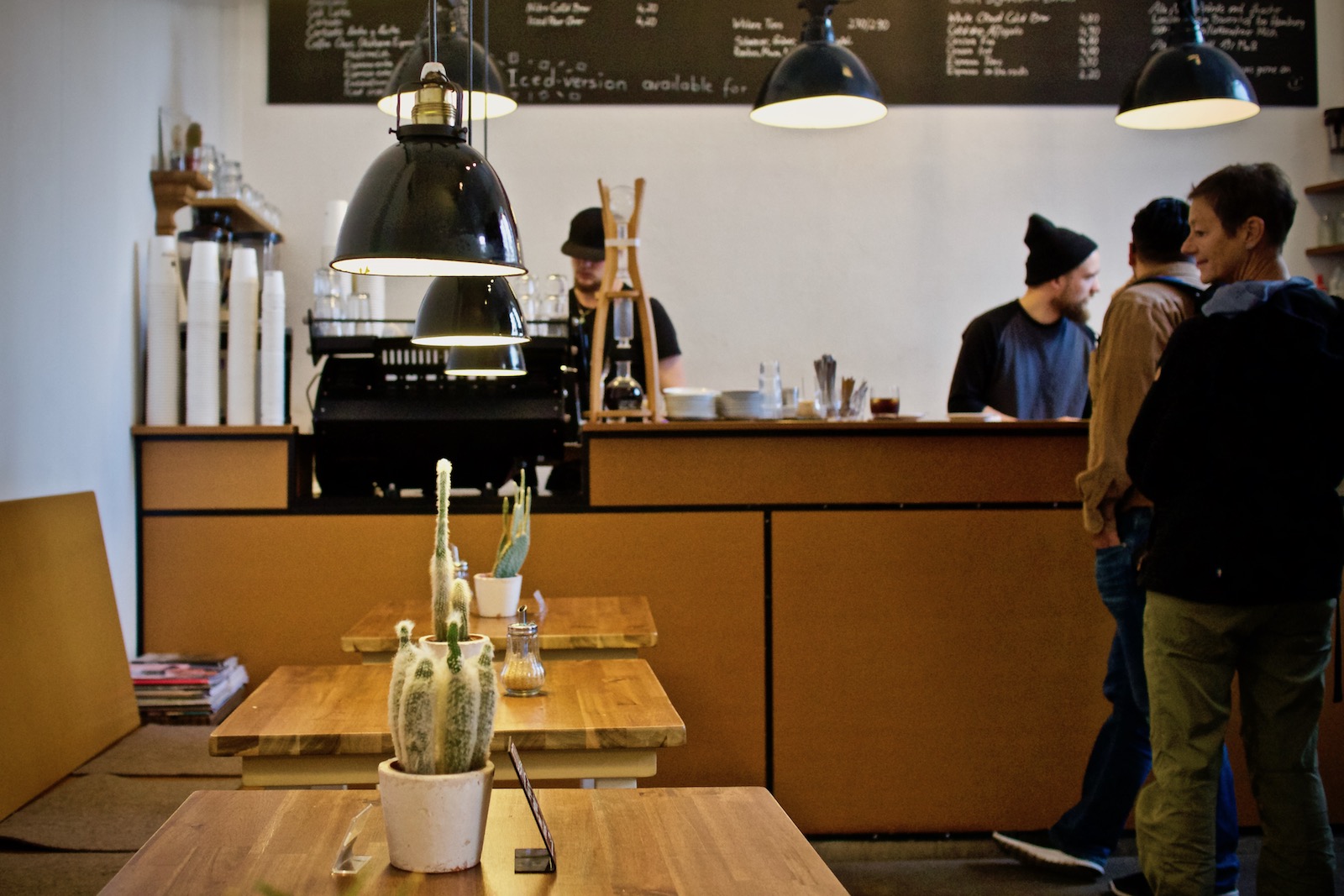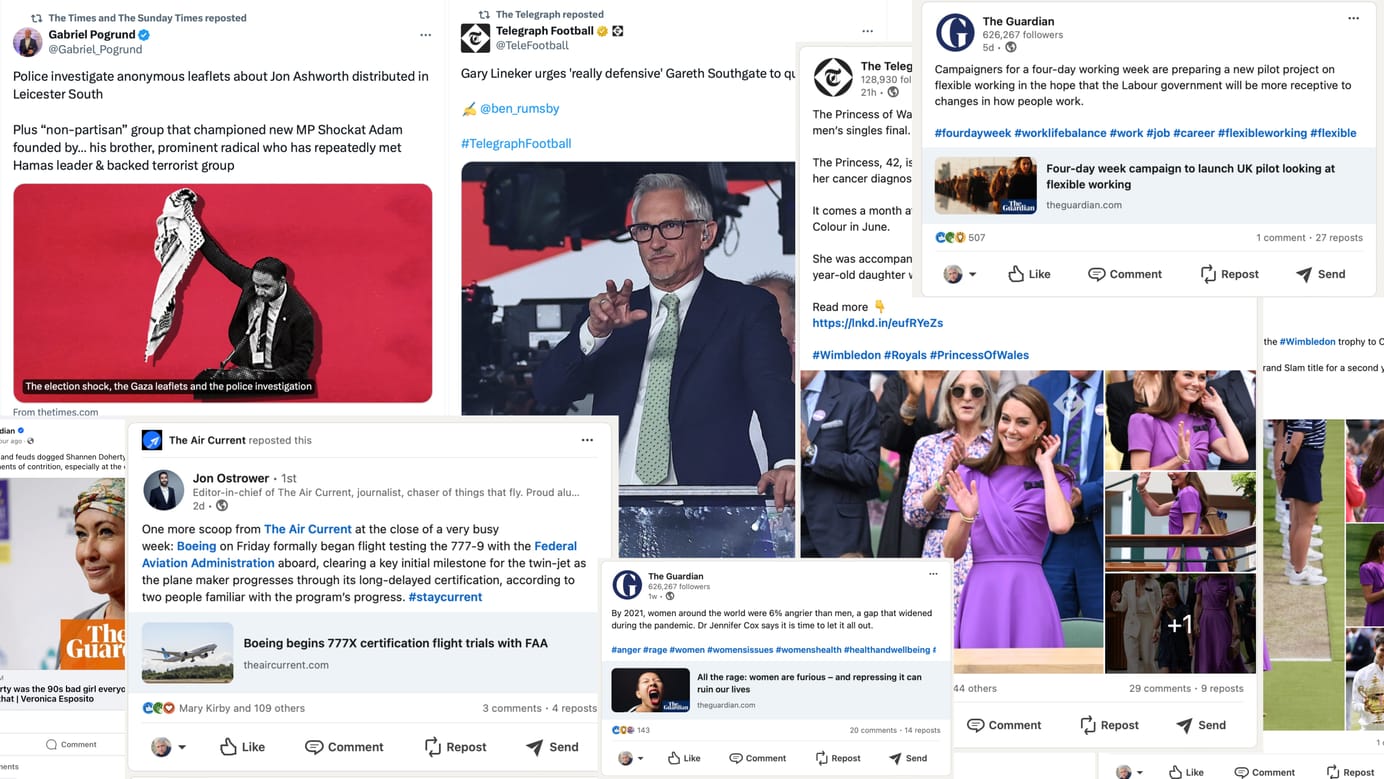
Facebook is the out-of-town supermarket of the web, so let's learn to browse local
Jason Kottke on why Facebook won:
[…] using Facebook instead of just bookmarks is compelling in the same way that shopping at Walmart instead of small-town shops was in the 80s. We blame Walmart for decimating small businesses, but ultimately, small town shoppers chose convenience and lower prices over the more local and diverse offerings from their neighbors. And for the past several years, readers have been doing the same thing in favoring Facebook.
This is a compelling metaphor. Out-of-town retail decimated town centres for decades, and were a big bone of contention in urban planning back when I was a commercial real estate journalist. In exactly the same manner, Facebook has systematically monopolised attention, leaving every content provider to play by its rules – or be started of audience and revenue.
In the decade or so since, many town centres in the UK have recovered – but by offering different, more attractive and more social things. As Facebook and, in particular, Twitter feels more soulless and dangerous, there’s a real possibility that we could reclaim the internet by choosing to “browse local” just as many have chosen to “shop local”.
Browse local: the new niche
In fact, this might already be happening:
We don’t really have the option of moving our lives off of the internet, and coordinated boycotts of our monstrous platforms have been brief and mostly fruitless. But many of us found ways to renegotiate the terms of how we spent our time online. Rather than the enormous platforms that couldn’t decide if, let alone how they had contributed to the election of a deranged narcissist or the rise of the virulently racist alt-right or a pending nuclear holocaust, why not something smaller, safer, more immediately useful?
That’s Kaitlyn Tiffany writing for The Verge, and she lists a whole load of interesting niche communities that have sprung up over the last few years:
As part of a May 2017 New Yorker survey of the death of the public personal essay and the return of email newsletters, Awl alum Carrie Frye speculated that writers, and female writers in particular, have declared to themselves, “I’m going to make an Internet on which my essays go out in pneumatic tubes to just who I want them to go to, and no one else.” Newsletters are an easy a way to build that tiny, private audience away from the ugliness of the internet at large. TinyLetter has a cap at 5,000 subscribers, and it has no discovery or explore section.
While the words themselves are pretty much a cliché there is something to this niche, artisanal (sorry) crafting of content. It doesn’t have the scale or reach so many titles have been striving for, but too many are dying in that process.
A decade ago, I used to talk about titles becoming a collection of niches, achieving scale through diversity rather than homogeneity.It might juts be time to brush off those ideas, and take a second crack at them…
Sign up for e-mail updates
Join the newsletter to receive the latest posts in your inbox.










